Science & Society
Sign up for our newsletter
We summarize the week's scientific breakthroughs every Thursday.
-
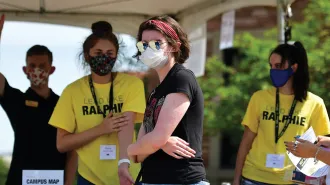 Health & Medicine
Health & MedicineHow 5 universities tried to handle COVID-19 on campus
U.S. colleges opened in the fall with a patchwork of control measures to keep COVID-19 at bay.
-
 Psychology
PsychologyIn the social distancing era, boredom may pose a public health threat
Boredom contributes to pandemic fatigue and may account for why some people don’t follow social distancing rules.
By Sujata Gupta -
 Science & Society
Science & SocietyBlack, Hispanic and female police use force less often than white male officers
A case study of Chicago policing suggests that diversifying to include more Black, Hispanic and female officers may improve how civilians are treated.
-
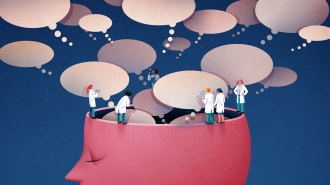 Science & Society
Science & SocietyCan privacy coexist with technology that reads and changes brain activity?
An onslaught of new technology aims to listen to — and maybe even change — your brain activity. Readers, scientists and ethicists grapple with the ethical implications of new ways to get inside the skull.
-
 Science & Society
Science & Society‘Under a White Sky’ explores whether we must tinker with nature to save it
In ‘Under a White Sky’, Elizabeth Kolbert examines the technological innovations we might need to save a planet we are actively destroying.
-
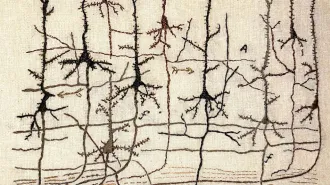 Neuroscience
NeuroscienceFamous brain sketches come to life again as embroideries
A needlework project pays tribute to the iconic drawings of Spanish neuroscientist Santiago Ramón y Cajal.
-
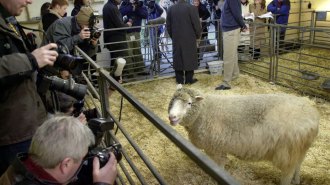 Science & Society
Science & SocietyTop 10 science anniversaries to celebrate in 2021
DNA, Maxwell’s demon and Dolly the Sheep all make the list. But the one we’re most excited about at Science News is our centennial.
-
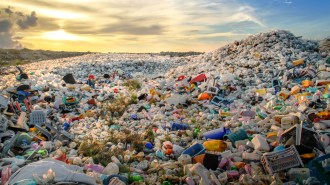 Chemistry
ChemistryChemists are reimagining recycling to keep plastics out of landfills
Recycling plastics is really hard, and usually creates low-quality materials that aren’t good for much. Chemists are trying to change that.
-
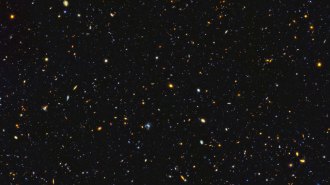 Physics
Physics‘Fundamentals’ shows how reality is built from a few basic ingredients
In ‘Fundamentals,’ physics Nobel laureate Frank Wilczek shares essential lessons from physics.
-
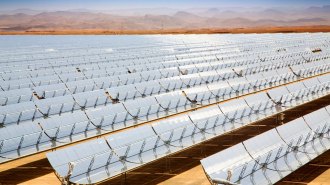 Climate
ClimateHow much will Africa capitalize on cheap renewable energy as its power grid grows?
An analysis of the successes and failures of past electrical power projects across Africa suggests the continent isn’t likely to go green before 2030.
-
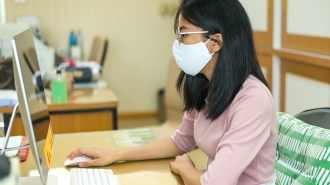 Psychology
PsychologyThe COVID-19 pandemic made U.S. college students’ mental health even worse
College students struggled with mental health problems before the pandemic. Now, some vulnerable students are even more at risk.
By Sujata Gupta -
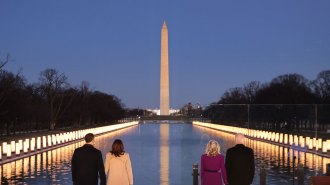 Science & Society
Science & SocietyBiden administration outlines its ambitious plan to tackle the COVID-19 pandemic
Epidemiologist Michael Osterholm, an adviser to the Biden transition team, talks about the plans to tackle the public health crisis COVID-19 created.